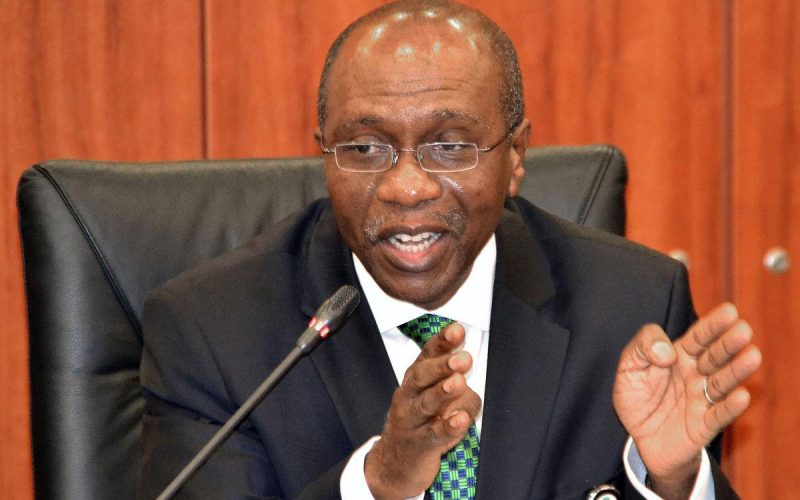The Central Bank of Nigeria (CBN) has blamed high cost of food items on logistics challenges and the activities of hoarders.
CBN Governor, Godwin Emefiele, said this at the end of the last Monetary Policy Committee (MPC) meeting in Abuja.
Latest inflation figures rose in December after trending downwards for eight months.
The CBN, he said, sees “logistical problems essentially bordering on transportation and destruction of food produce or perishable items from farm to market”.
As a solution, he said the apex bank was “trying to encourage people who are interested in looking at how to resolve the logistical problems of delivering food from farm to market to come in and take advantage of some of those intervention that we have”.
Another reason for the high cost of food stuff, Emefiele noted, were the activities hoarders, who he said “are here playing their games”.
Hoarders, he said, “buy and hoard, wait for the dry season for prices to go up, so they can take advantage at the detriment of innocent Nigerians”.
Emefiele said: “We started a programme last year where we said for repayment of our loan under the Anchor Borrowers’ Programme, we will receive the produce into our silos and warehouses and we will dispose of them and sell them to the real end-users whether it is to the real rice millers or the feed millers who need them.
“Through that mechanism, we can be seen to be competing with the hoarders in the market to moderate prices.
“It worked well in 2021 because between February and around August 2021, the Central Bank released on a monthly basis 50,000 tons of maize through our silos.”
Another solution he pointed out is that “all excess output aggregated from the financed farmers will be released to the Nigeria Commodity Exchange (NCX) to help moderate the prices of food in the market”.
At the MPC briefing, the CBN governor disclosed that “with the recent assignment of the enaira USSD code by the NCC (Nigerian Communications Commission), Nigerians without a smart phone who represent the majority of the population will soon be able on onboard and carry out transactions using eNaira while dialing code 997”.
To create an eco-system that will thrive, Emefiele said the CBN “is engaging with fintech and other industry players to create a bouquet of product on eNaira platform”.
While transactions on the system have so far mostly revolved around moving money mostly to/and from bank accounts, Emefiele said a test with licensed payment services providers were ongoing to enable payment using eNaira on e-Commerce platforms.
“This will enable small and medium enterprises and other commercial service providers to offer their product and services and accept eNaira as a means of payment and exchange.
“As part of our commitment to meeting our target for financial inclusion, we are also working on a framework that will leverage the existing and new infrastructure to soon extend the services of eNaira to your bank,” Emefiele said.










